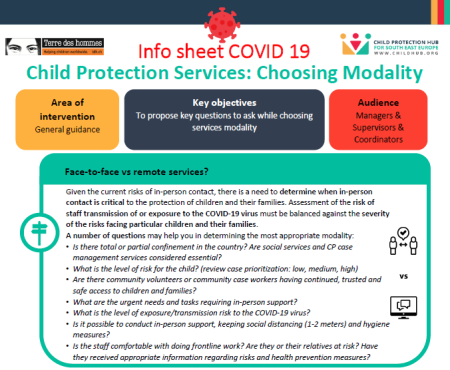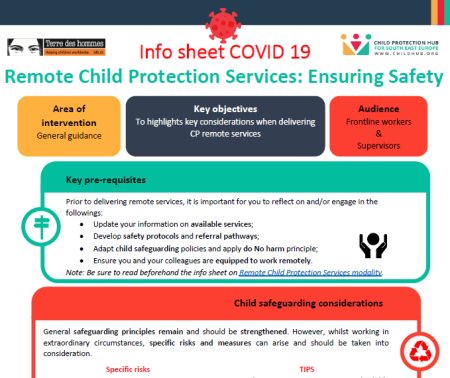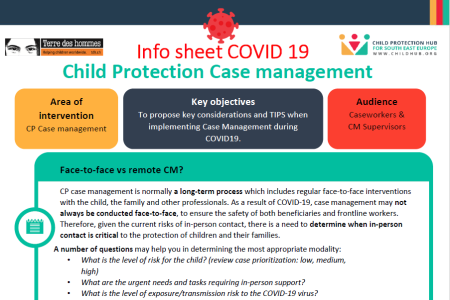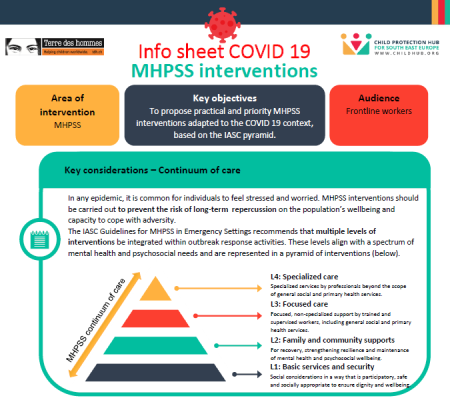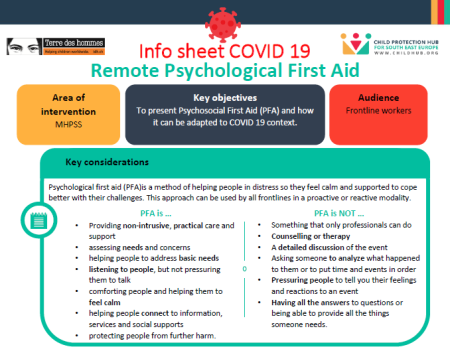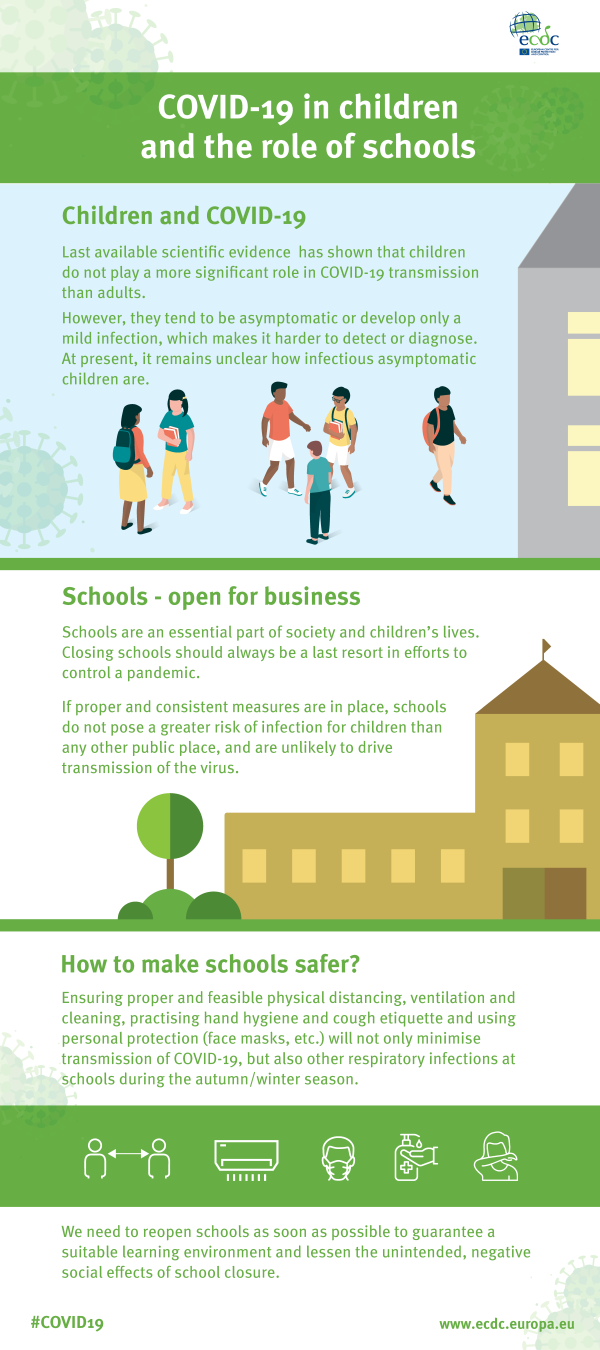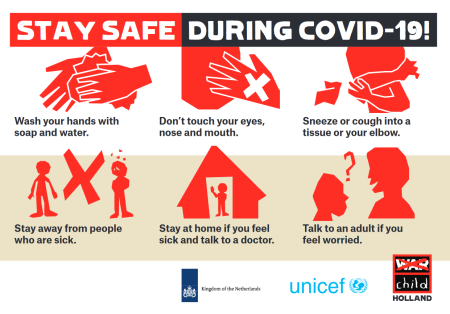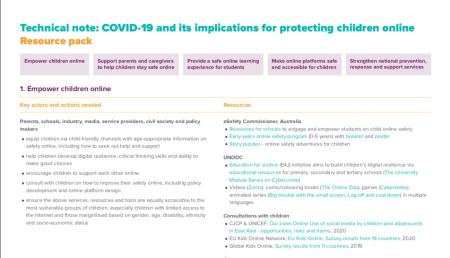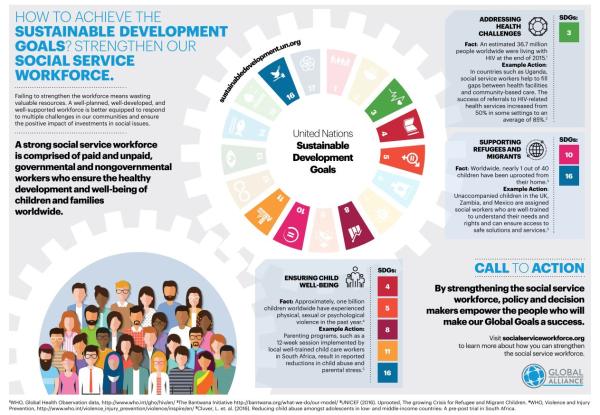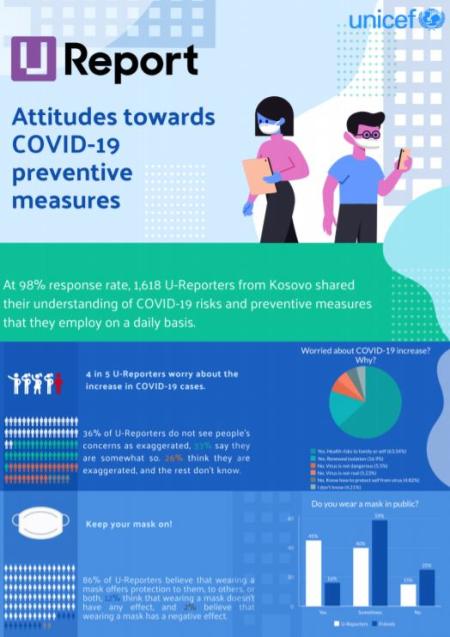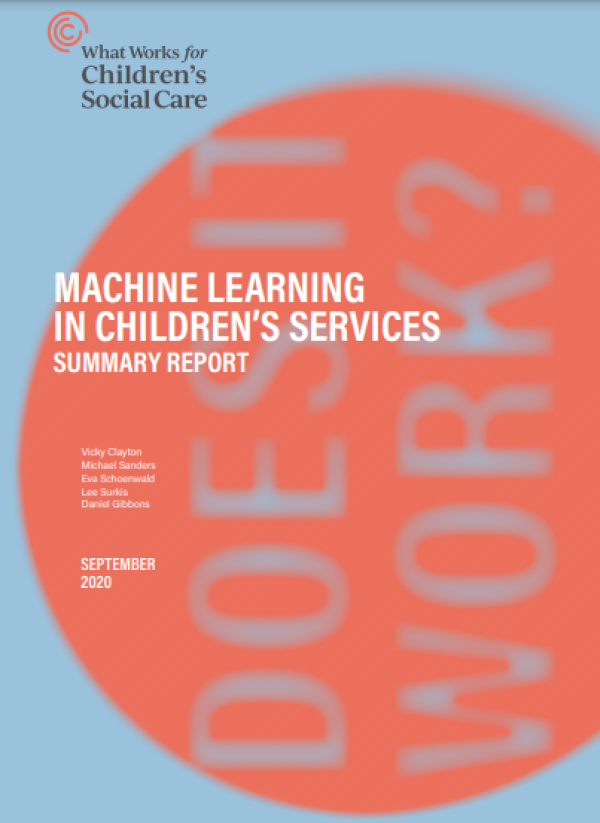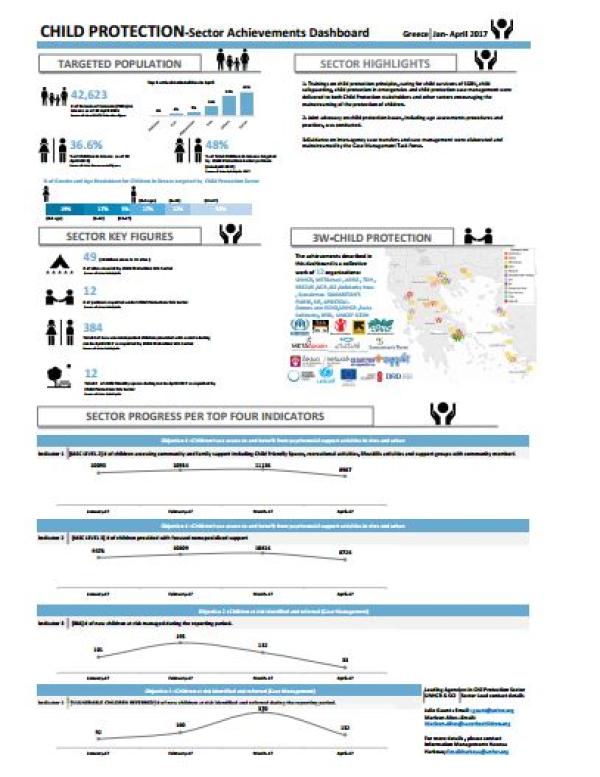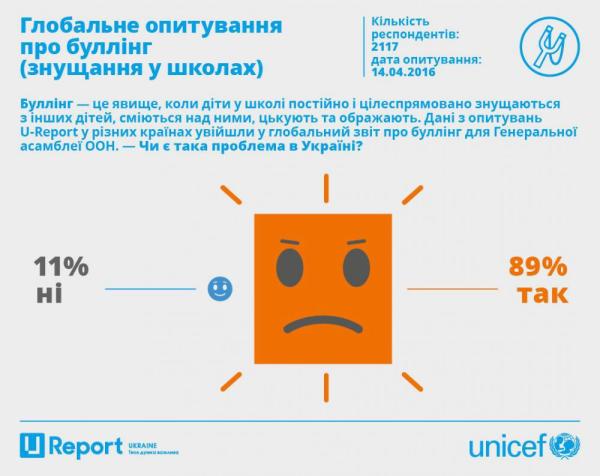
This infosheet proposes key questions to ask while choosing services modality.
You will find the following informations:
- Questions to determine the most appropirate modality;
- Ethical considerations;
- A decision flowchart;
- Questions to determine the most appropirate technology;
- Specific considerations regarding informed consent and Data protection.
This infosheet is part of a series and has been developed in the framework of a webinar realised by Tdh on remote services.
Other infosheets in the series COVID19:

You might like..
yes
0
67
This infosheet highlights key considerations when delivering CP remote services.
You will find the following informations:
Key pre-requisites;
Child safeguarding considerations;
How do you ensure privacy and confidentiality;
Communication…
yes
0
143
This infosheet proposes key considerations and TIPS when implementing Case management during COVID19.
You will find the key informations regarding:
Guiding questions to determine the most appropriate modality: face-to-face versus remote Case…
yes
0
102
This infosheet proposes an overview of practical and priority MHPSS interventions adapted to the COVID 19 context, based on the IASC pyramid.
You will find the following informations:
Key considerations: Continuum of care, Psychosocial wellbeing…
yes
0
462
This infosheet presents shortly Psychological First Aid (PFA) and how it can be adapted to COVID 19 context.
You will find the following informations:
Key considerations regarding PFA;
Who can benefit from PFA in the context of COVID 19;
How to…
yes
0
31
The COVID-19 pandemic has had a huge impact on the practice of many professionals, including those in the field of child protection.
In order to support frontline workers and managers in their work to protect children during this time…
0
342
This infographic is based on the ECDC technical report on COVID-19 in children and the role of school settings in COVID-19 transmission.
0
1457
Poster for families on how to stay safe during the COVID-19 pandemic.
0
40
Global organizations including WHO, UNICEF and UNESCO have prepared a technical note pack about protecting children online. The pack contains five sections with relevant resources leading to more information on each topic. Here…
0
230
A strong social service workforce is comprised of paid and unpaid govermental and NGO workers who ensure the healthy development and well-being of children and families worldwide.
Strengthen the social service workforce. Achieve the…
0
20
Attitudes towards COVID-19 preventive measures have been shared by 1618 U-Reporters from Kosovo in the most recent U-Report poll.
See the infographic to learn more about the results.
yes
0
216
Based on the practical guidance, written by Paul Bercea, on how to identify signs of abuse in children this infographic summarizes the main signs.
Often children are not able to disclose what has happened to them, so it is very important…
0
31
The data of Children's Services departments in combination with advances in computer power and algorithms can provide the possibility of using machine learning to identify children at risk.
Objectives of the project are
this would mean help for…
0
6
A recently published info-graphic produced by the United Nations High Commissioner for Refugees and Save the Children, had featured statistical figures regarding Greece's child protection sectorial achievements from January to April 2017.
Sector…
0
493
Bulling is a phenomenon when children in the school constantly and purposefully bully other children, laugh at them, insult and harass. The survey was conducted in Ukraine by U-reporters of the global youth project implemented in Ukraine…
0
8
The Global Partnership to End Violence Against Children (GPEV) and the Early Childhood Development Action Network (ECDAN) are partnering together to present a webinar focused on key issues on child protection in the context of the COVID-19 pandemic…

